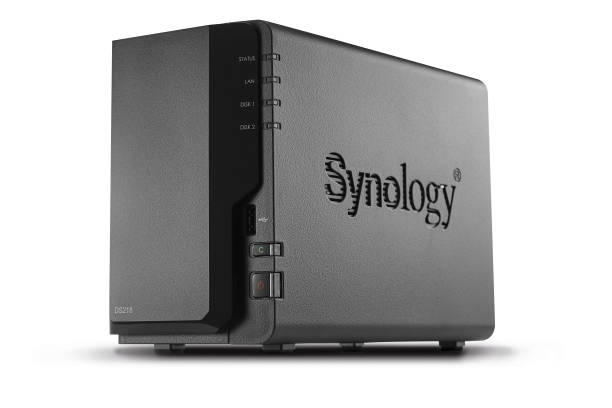
Synology has confirmed plans to implement new restrictions on the use of third-party hard drives in its network attached storage (NAS) devices, starting with its 2025 model releases.
“Synology-branded drives will be needed for use in the newly announced Plus series, with plans to update the Product Compatibility List as additional drives can be thoroughly vetted in Synology systems,” a Synology spokesperson told Ars Technica.
Starting with Plus Series models, Synology, in their press release, says they will limit full functionality to Synology-branded or Synology-approved drives and/or those explicitly certified by the company. As such, users who are not using synology-approved drives may lose access to certain features such as storage pooling capabilities and drive lifespan analysis tools. But the company says users will also “benefit from higher performance, increased reliability, and more efficient support.”
Chad Chiang, who is the Managing Director of Synology GmbH and Synology UK says, “By extending our integrated ecosystem to the Plus Series, we aim to provide all users – from home users to small businesses – with the highest levels of security, performance, and significantly more efficient support.”
However, Synology clarifies that this new restriction only applies to models that were released in and up to 2024, but excluding XS Plus series and rack models. Devices in the J and Values series are also excluded from these restrictions. But migration from the aforementioned excluded devices to a 2025 Plus model “will continue to be possible without restrictions,” the press release stated.
As regards the reason the NAS-maker came up with these restrictions, a Synology spokesperson also told Ars, “Extensive internal testing has shown that drives that follow a rigorous validation process when paired with Synology systems are at less risk of drive failure and ongoing compatibility issues.”
This new policy introduces what appears to be a more controlled business model for Synology’s storage systems. While the company presents compelling reliability and support justifications, these restrictions raise questions about consumer choice, long-term costs, and potential regulatory implications.
For existing Synology users, the immediate impact will be minimal since current systems remain unaffected, as opposed to the probability of future upgrade decisions like this one becoming more difficult and complex due to the increasing restrictions, and at large, the evolution of the NAS industry.
In its defense, the Taiwanese-based technology company argues that, “The tight integration between Synology operating systems and drives enables advanced functionality, such as more accurate lifespan analytics on SSDs, built-in firmware updaters, and volume deduplication on Synology high-end models.”
